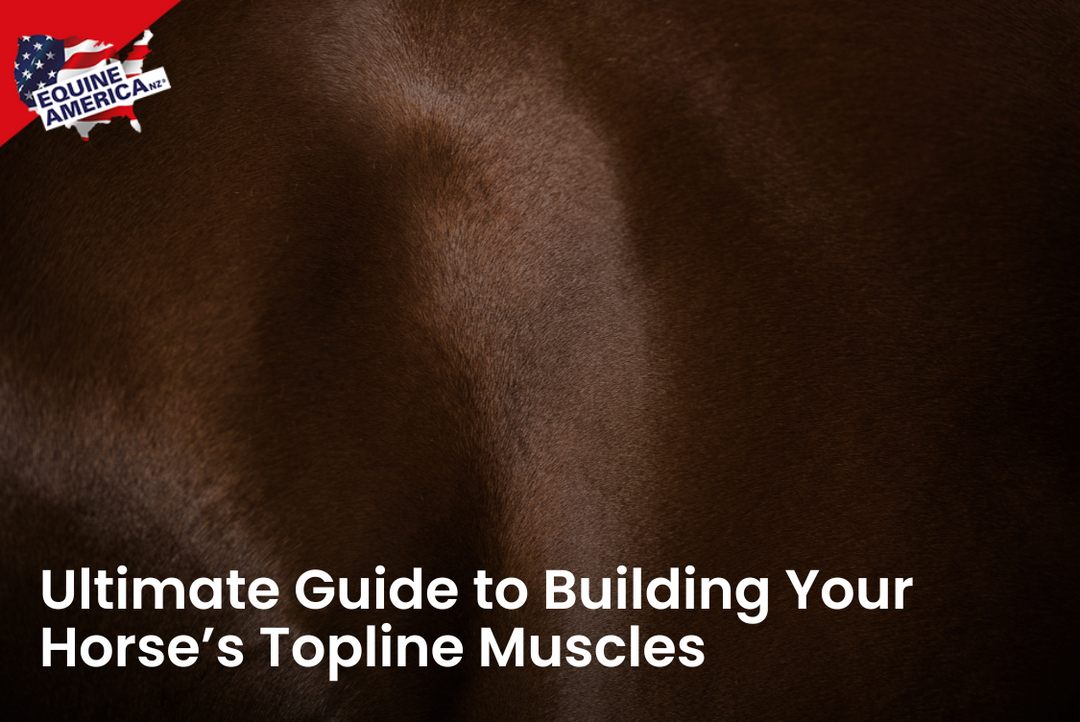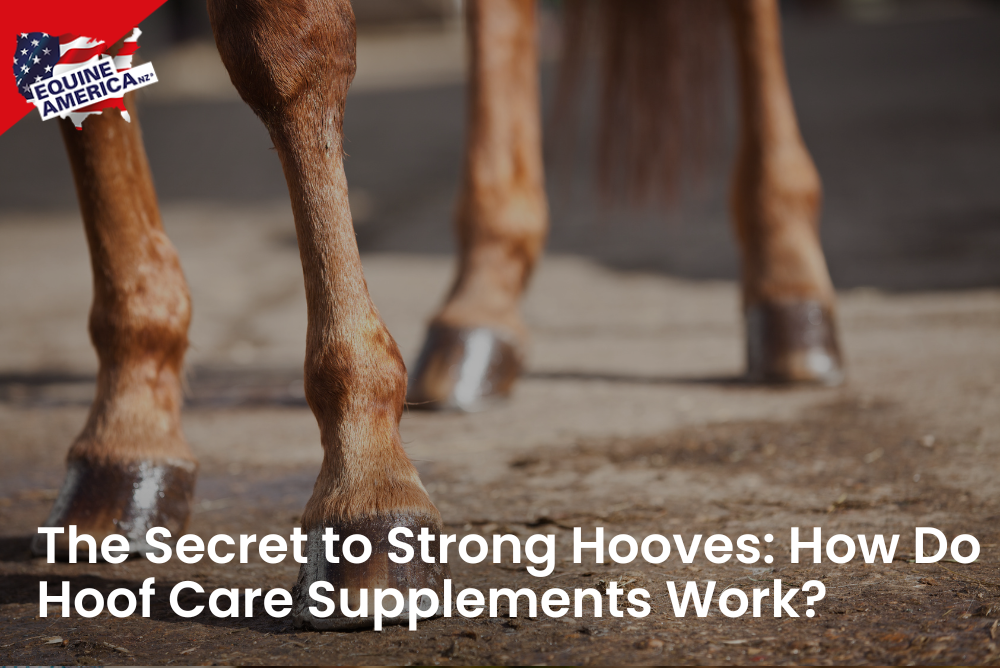
When it comes to the well-being of your horse, a balanced diet of hay and grains just doesn’t cut it anymore. Horses, like humans, require a wide range of nutrients to stay in tip-top shape. But did you know that the forage and grains your horse munches on might not provide all the essential vitamins and minerals they need?
This is where horse supplements and equine products come into play. They can fill those nutritional gaps and ensure your horse remains healthy, energetic, and ready for anything.
Understanding Horse Supplements: What Are They?
Horse supplements are concentrated sources of nutrients specifically designed to enhance the diets of horses. These can include vitamins, minerals, amino acids, and even herbal extracts. But with so many products available, it’s easy to feel overwhelmed by the choices. Should you be adding supplements to your horse’s feed? Let’s take a closer look at why supplements are a game-changer for your equine friend.
The Importance of Nutritional Balance
A balanced diet is the cornerstone of good health for your horse. But achieving that balance isn’t always straightforward. Horses in different life stages or with varying levels of activity need specific nutrients that standard feed might not fully provide.
- Growing Horses: Young horses, or foals, have different nutritional needs compared to adults. They require higher levels of calcium and phosphorus for bone development.
- Active Horses: Performance horses that are frequently exercised or trained have increased needs for energy, protein, and electrolytes.
- Older Horses: As horses age, their ability to digest and absorb nutrients decreases, making it essential to supplement their diets with vitamins like B12 and E.
Here’s the kicker: even the best hay and grain diet may fall short. The soil where the feed is grown might be deficient in certain minerals, leading to gaps in your horse's nutrition. This is where products such as digestive supplements step in to save the day!
Types of Horse Supplements: What’s Out There?
Navigating the world of horse supplements can feel like trying to solve a puzzle. But don’t worry; we’re here to break it down for you. Below are some common types of horse supplements and how they can benefit your horse:
1. Vitamin and Mineral Supplements
These are the basics. They provide essential nutrients that might be lacking in your horse’s daily diet. For example:
- Calcium and Phosphorus: Crucial for bone health, particularly in growing horses.
- Magnesium: Helps with muscle function and reduces the risk of colic.
- Vitamin E and Selenium: Powerful antioxidants that support immune health.
2. Joint Supplements
As horses age, they often experience joint stiffness and pain. Joint supplements can help alleviate these issues:
- Glucosamine and Chondroitin: Promote cartilage health and joint fluid production.
- MSM (Methylsulfonylmethane): Reduces inflammation and supports joint flexibility.
3. Digestive Aids
Horses have a sensitive digestive system. Stress, diet changes, and even antibiotics can upset their gut. Digestive aids help maintain a healthy gut environment:
- Probiotics and Prebiotics: Support gut flora and digestion.
- Yeast Cultures: Improve fibre digestion, enhancing nutrient absorption.
- Digestive Enzymes: Aid in breaking down feed for better nutrient uptake.
4. Hoof Supplements
Healthy hooves are essential for a horse’s overall health. Hoof supplements provide nutrients that support hoof growth and strength:
- Biotin: A B-vitamin known for promoting strong hoof walls.
- Methionine: An amino acid that supports keratin production.
- Zinc and Copper: Important minerals for hoof integrity.
When Should You Consider Supplements?
Now that you know what types of horse supplements are available, the big question is: when should you start using them? The truth is, there’s no one-size-fits-all answer. However, certain situations call for supplements more than others:
- Performance Horses: If your horse is involved in rigorous activities like racing, jumping, or endurance riding, they likely require additional nutrients.
- Pregnant or Lactating Mares: These horses have increased nutritional demands to support the growth and health of their foal.
- Horses with Health Issues: If your horse has conditions like arthritis, digestive problems, or poor hoof quality, supplements can help manage these issues.
- Stressful Situations: Moving to a new environment, changing diets, or other stressors can disrupt your horse’s health. Supplements can help mitigate these effects.
How to Choose the Right Supplement for Your Horse
Choosing the right supplement can be tricky. It’s not just about picking the most popular product on the market. Here are a few tips to help you make an informed decision:
- Consult with a Vet: Your veterinarian knows your horse’s health history and can recommend specific supplements.
- Read the Label: Look for products that list all their ingredients and their concentrations. Avoid supplements with vague or proprietary blends.
- Start Slowly: Introduce new supplements gradually to monitor how your horse responds. Some horses might need time to adjust to a new addition to their diet.
- Monitor Results: Keep an eye on your horse’s health after starting a supplement. Are there noticeable improvements in energy levels, coat shine, or hoof strength?
The Benefits of Regular Supplementation
Adding supplements to your horse’s diet isn’t just about covering nutritional bases; it can also have some pretty remarkable benefits. Here’s what regular supplementation can do for your horse:
- Enhanced Performance: With the right balance of nutrients, your horse will have more energy and endurance during training and competition.
- Improved Coat and Skin: Supplements rich in omega-3 fatty acids and vitamins can result in a shinier coat and healthier skin.
- Stronger Hooves: Regular use of hoof supplements can lead to fewer cracks and splits, making hoof care much easier.
- Better Digestion: Digestive aids can prevent common issues like colic, especially in horses with sensitive stomachs.
- Joint Health: Joint supplements can help maintain flexibility and reduce pain, keeping your horse active and comfortable for longer.
FAQs About Horse Supplements
You might still have some questions about horse supplements. Here are answers to some of the most frequently asked questions:
Do all horses need supplements?
Not necessarily. However, most horses can benefit from targeted supplementation, especially if their diet is lacking in specific nutrients.
Can I give my horse too many supplements?
Yes, over-supplementation can be harmful. It’s important to follow the recommended dosages and consult with a vet to avoid nutrient imbalances.
How long does it take to see results from supplements?
It varies. Some effects, like improved coat condition, can be seen within a few weeks, while others, like joint health, may take a few months.
Are natural supplements better than synthetic ones?
Both have their pros and cons. Natural supplements are derived from whole food sources, while synthetic ones are often more concentrated and consistent in dosage.
Can I make my own horse supplements?
It’s not recommended. Commercial supplements are formulated to ensure the correct balance of nutrients, which can be difficult to achieve on your own.Want a Healthier Horse? Explore the Best Supplements Today!
Investing in the right supplements for your horse isn’t just a nice-to-have; it’s a necessity for their long-term health and happiness. Whether you’re looking to improve their coat, support joint health, or boost their overall vitality, supplements offer a practical solution to meet your horse’s unique needs. So why wait? Explore our wide range of top-quality supplements at Equine America NZ, and give your horse the gift of optimal health!
Please give us a call at Equine America NZ today at 0800 440 888 to learn more or leave an enquiry.




